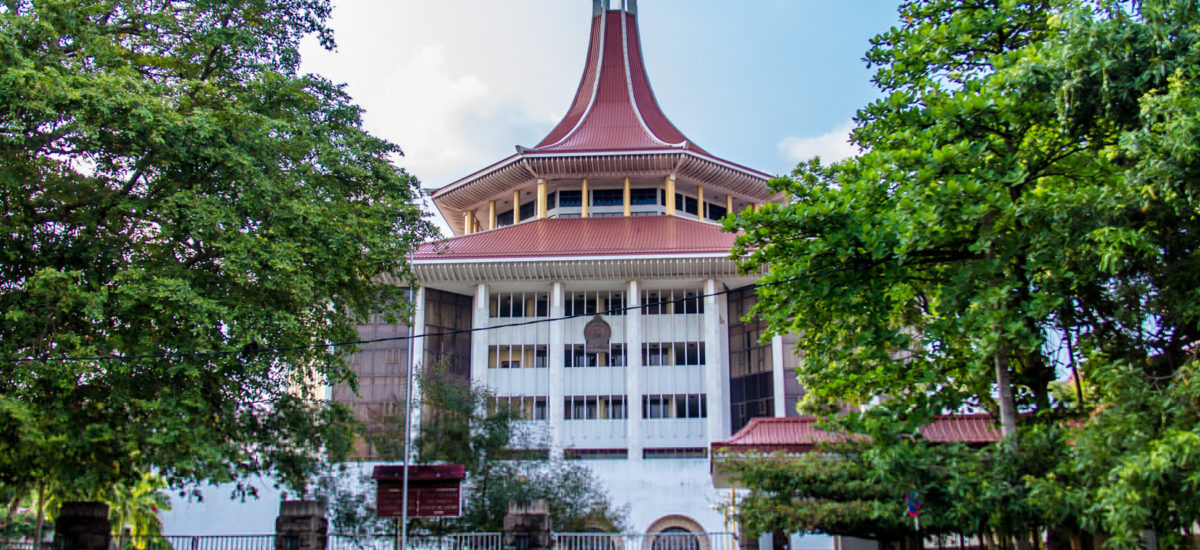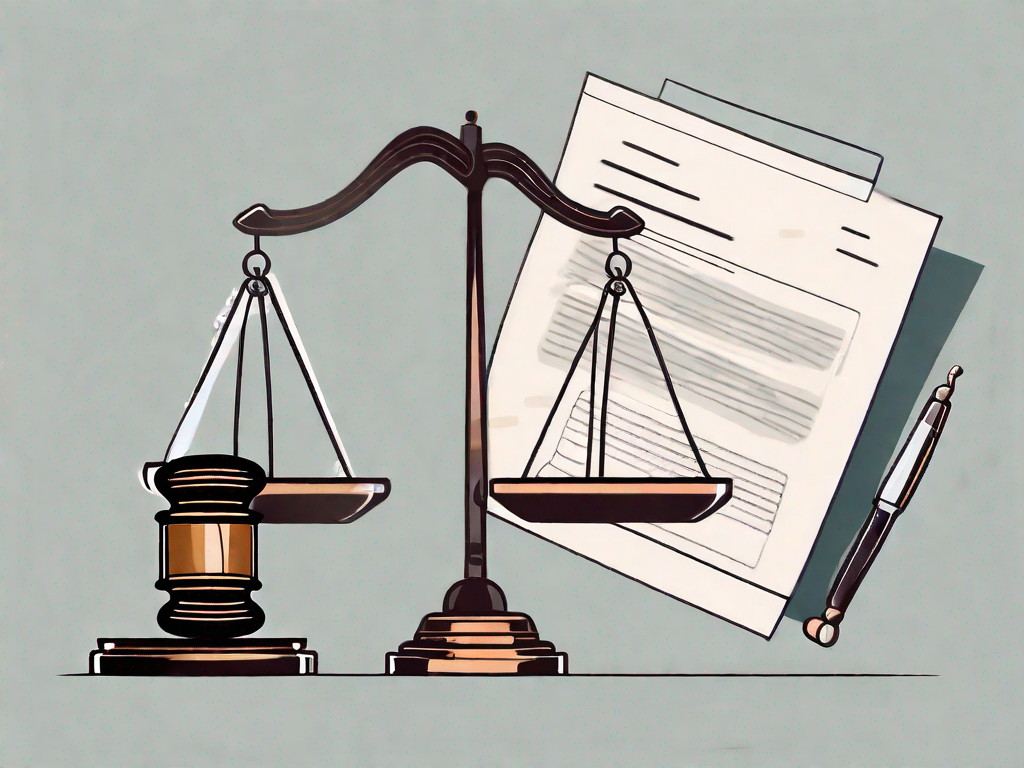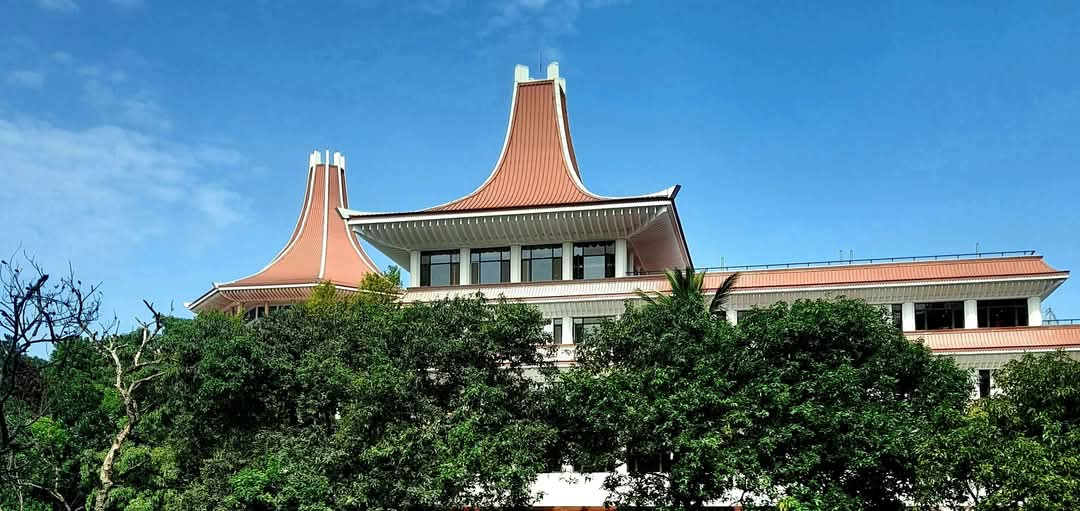Following Full & Final Settlement in Criminal Case:
SC Examines ‘Res Judicata’ in Civil Suit

Following Full & Final Settlement in Criminal Case:
In a significant ruling, the Supreme Court has provided clarity on the intersection of criminal and civil proceedings, particularly focusing on cases where compensation is awarded and a full and final settlement is reached in criminal courts.
The Court reaffirmed that both criminal and civil proceedings can be initiated simultaneously based on the same set of facts. Thus, a criminal trial does not bar a separate civil action for damages or other compensation.
“…it is pertinent to observe that there are many instances where civil and criminal liability arises from the same conduct of a person. In such situations, initiation of criminal proceedings is not a bar to initiate civil proceedings against the same person as well as vice versa. Therefore, having parallel proceedings based on criminal and civil liability in two different sets of proceedings per se is lawful and the conviction or an acquittal in criminal proceedings cannot have a direct impact on the maintainability or the outcome of the civil proceedings…..” – Jayantha Jayasuriya, PC, CJ
However, the Court also addressed a crucial question: what happens when compensation is awarded in a criminal case, and a settlement is reached?
This case involved a Plaintiff-Appellant, a foreign national residing in Kosovo, who filed a lawsuit in the Commercial High Court against two Defendants-Respondents to recover Rs. 5.5 million as interest on a transferred sum and Rs. 2 million for expenses related to a failed tea export business agreement. The Plaintiff had previously lodged a complaint with the Criminal Investigations Department, resulting in the Defendants repaying the principal amount of Euro 37,960 in Sri Lankan Rupees in the Magistrate’s Court in 2010 as a full and final settlement.
“…..It is also important to note that one of the core differences between the two sets of proceedings is that the main objective of criminal proceedings is punitive in nature whereas civil proceedings are to remedy the wrong caused to a party. However, despite this marked difference in the two sets of proceedings, provision is made in criminal proceedings to grant compensation to victims too. Therefore, the issue arises as to whether acceptance of compensation in criminal proceedings should deprive a claimant to have recourse to civil litigation against the same person who paid compensation in the course of criminal proceedings. In my view this issue needs to be considered in the context of facts peculiar to each situation…..”
“….In this context it is also pertinent to note that the concepts of “Res Judicata” as well as “Autrefois acquit” and “Autrefois Convict” are well-established principles recognized by our Courts. One of the core objectives of these principles is to protect parties from repetitive claims on the basis of an issue that has already been decided fully and finally by a Court of Law. These doctrines further find its justification based on the maxim of ‘interest reipublicae ut sit finis litium’, i.e. “in the interest of the state that there be an end to litigation”…..”
Considering the following case law: Arumpalam et al v Kandavanam 41 NLR 304, Sockalingam Chetty v Kalimuttu Chetty 44 NLR 330, Karunaratna v Amarisa 66 NLR 567, the Supreme Court also held that:“…Jurisprudence set out above clearly sets out the parameters within which the legal principle of “Res Judicata” operates as recognized by the Civil Procedure Code….”
The Supreme Court ultimately held that the initial judicial settlement must be respected, and the Plaintiff’s attempt to pursue further claims more than twenty months later undermines the integrity of the original agreement.
“…..The evidence of the sole eye-witness, proceedings in the Magistrate’s Court and the Special Power of Attorney granted by the Plaintiff establishes in no uncertain terms that the Plaintiff lodged the complaint with the Criminal Investigations Department with the intention of recovering the amounts due from the Defendant and accepted Rupees 5,539,608/- from the 1st Defendant-Respondent “as a full and final settlement” of the amounts due from the commercial transaction between the Plaintiff and the Defendants-Respondents. The Plaintiff has recovered such a sum through the judicial proceedings initiated by the complaint made to the police. Therefore, the Plaintiff’s attempt to recover additional funds from the Defendant through another set of judicial proceedings initiated more than twenty months thereafter is a total disrespect to the initial settlement that was reached through judicial process. The conduct of the Plaintiff amounts to an abuse of process even though the initial proceedings through which the settlement was reached between the parties were criminal in nature. If not for the undertaking that the payment by the Defendant is accepted as a full and final settlement, the Defendant could have contested and sought an acquittal from proceedings without accepting his responsibility. In such a scenario the Plaintiff would have had to establish the responsibility of the Defendant by presenting admissible evidence before the trial court, if he is to succeed in his claim. …” – Jayantha Jayasuriya, PC, CJ
Case No: SC CHC Appeal 10/2015 [Decided on 11th September 2024]
Before : Hon. Jayantha Jayasuriya, PC, CJ Hon. Murdu N.B. Fernando, PC, J. Hon. S. Thurairaja, PC, J






